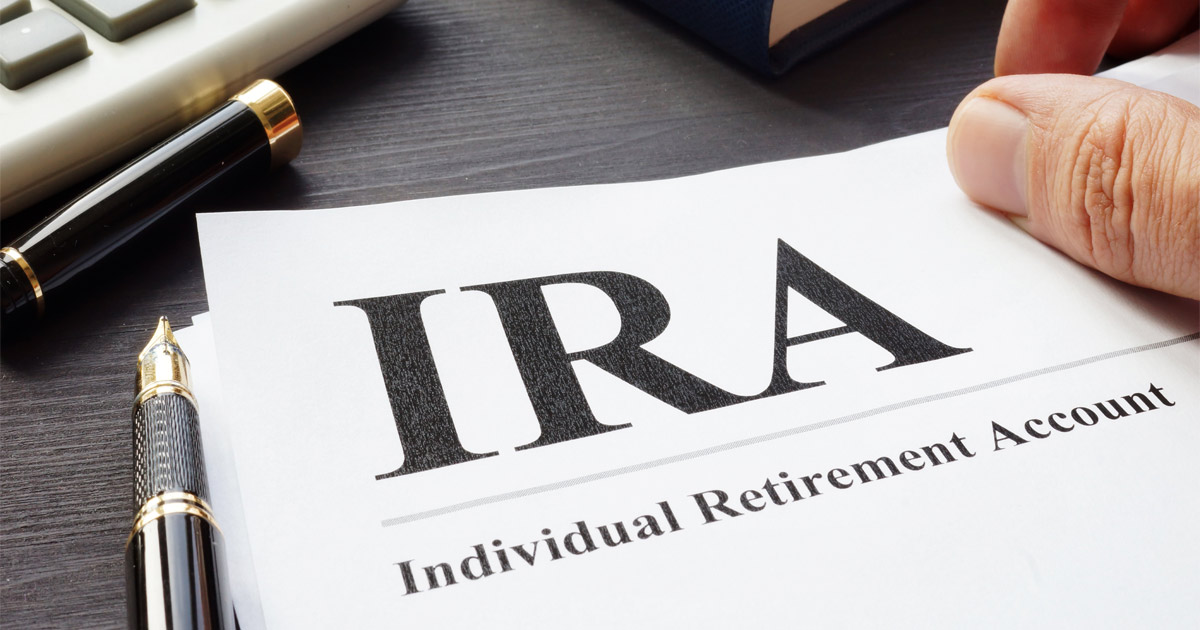An individual retirement account (IRA) is an investment tool that offers tax advantages for the owner. There are different kinds of IRAs, and they are generally used to grow money for retirement. Early withdrawals can result in penalties for beneficiaries. Owners who are younger than 59 ½ years old and withdraw IRA funds normally pay 10 percent early-withdrawal fees.
An IRA can be inherited to beneficiaries after the owner passes away, but beneficiaries will also be subject to the penalty charge. They may also be targeted by creditors. In order to protect their beneficiaries for the future, many people choose to place these accounts into IRA trusts.
How Do IRA Trusts Work?
To set up a revocable living trust, the owner names the IRA trust as the beneficiary of the IRA and then specifies how those assets will be dealt with by a trustee after the owner dies. With regular IRAs, once the owner passes away, there are required distributions. If an IRA trust has been set up previously, the distribution can be controlled by the trustee. These rules will all be established in advance by the original owner.
The rules of the trust determine when distributions are made to the beneficiaries. The trustee can choose to distribute the required distributions or a different amount. Oftentimes, the trustee will be instructed to provide the beneficiaries with minimum distributions until they reach certain ages.
Will an IRA Trust Protect My Family?
IRA trusts protect beneficiaries in many ways. To begin with, the inheritors may be ill-equipped to handle large sums of money. Periodic, smaller distributions may be better and will shield beneficiaries from making bad decisions, like overspending and poor investment choices.
Another benefit of an IRA trust is credit protection. Though IRAs are generally protected from creditor claims while the owner is living, once the owner dies, this protection will be lost. These sub-trusts also keep the IRA money away from ex-spouses, and the funds are also safe from lawsuits and bankruptcy filings. IRA trusts can also be used for special needs trusts, which allows beneficiaries to continue receiving government assistance without touching the IRAs.
Will I Have Distribution Options?
The owner will set up the rules for the IRA trust, including how and when to make distributions. There are yearly minimum required distributions for IRAs, but this amount may or may not be appropriate, depending on the circumstances. Since trusts are taxed on income that is not distributed, they can also fall into different tax brackets. It is essential to submit all of the proper paperwork to the IRS when working with IRAs and trusts. All of these options can be discussed with a qualified estate lawyer who is also well-versed in tax laws.
West Chester Estate Lawyers at Eckell Sparks Assist Clients with Setting up IRA Trusts
It is important to set up IRA trusts to help protect your family. If you want to discuss estate planning matters, contact our West Chester estate lawyers at Eckell, Sparks, Levy, Auerbach, Monte, Sloane, Matthews & Auslander, P.C. We help clients understand the different types of IRAs and which are most beneficial in their cases. Contact us online or call us at 610-565-3701 for a free consultation. Located in Media and West Chester, Pennsylvania, we serve clients throughout Delaware County, Chester County, and Montgomery County.

